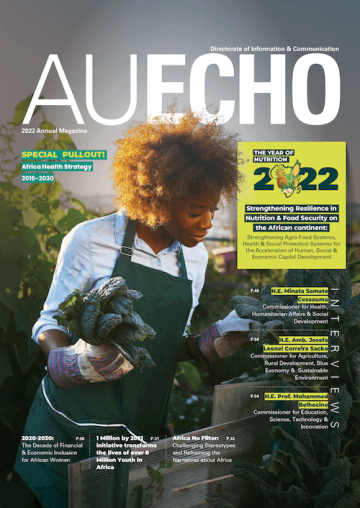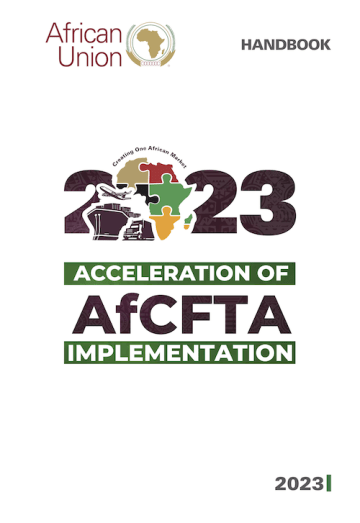Key Resources
- July 21, 2024
- May 13, 2024
- May 13, 2024
- May 09, 2024
- February 14, 2024
- January 12, 2024
- September 10, 2023
- July 16, 2023
- May 12, 2023
- January 20, 2022
-
December 23, 2021
THE YEAR OF NUTRITION - Strengthening Resilience in Nutrition & Food Security on the African continent: Strengthening Agro-Food Systems, Health & Social Protection Systems for the Acceleration of Human, Social & Economic Capital Development
-
August 02, 2021
A handy reference guide that provides key information about the AU System.
- Page 1
- ››

















